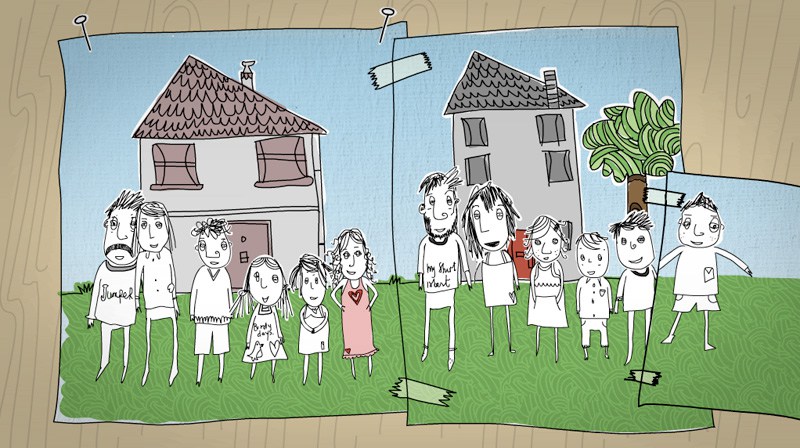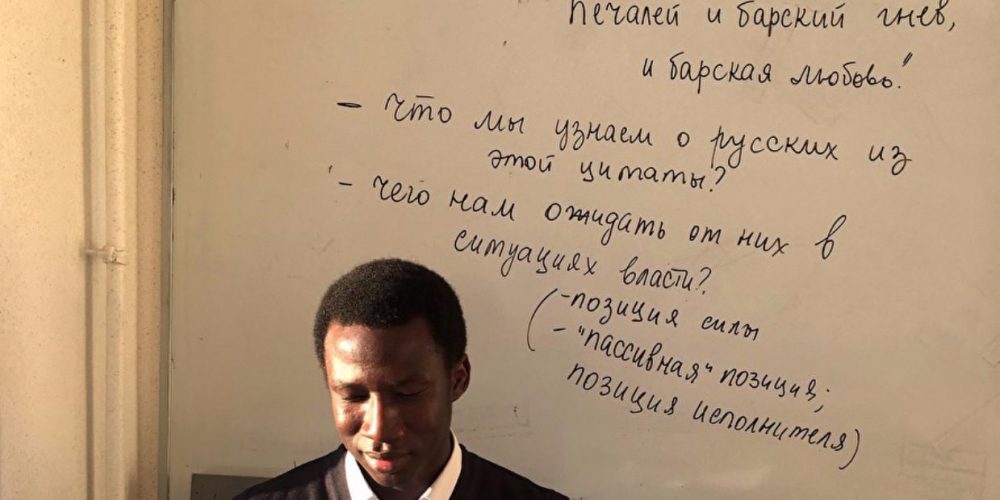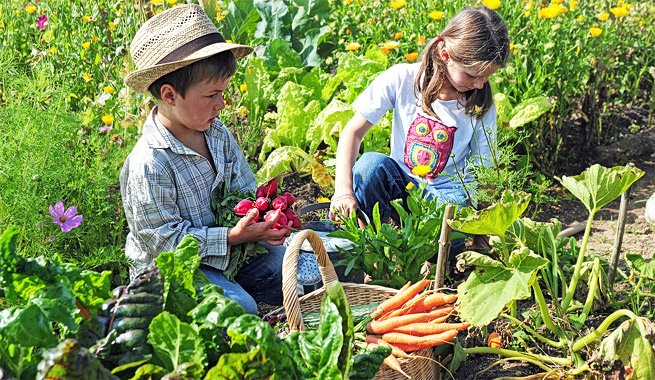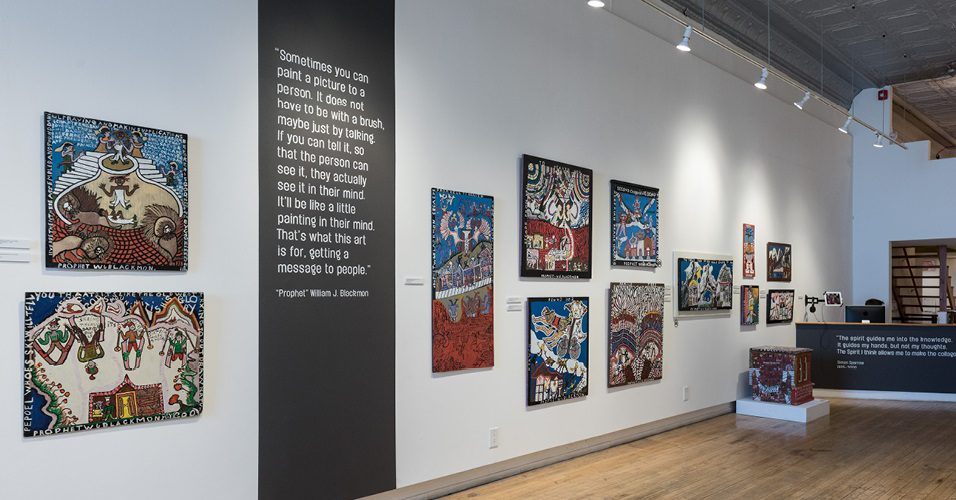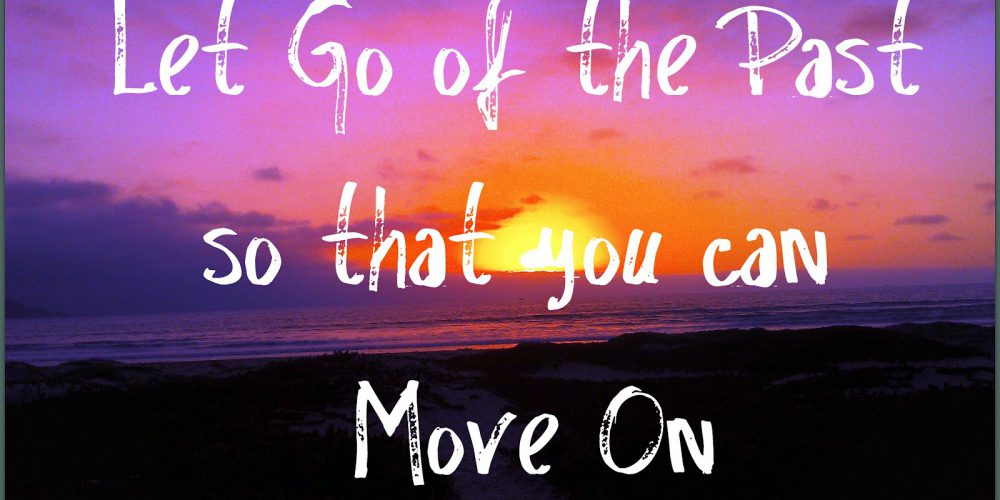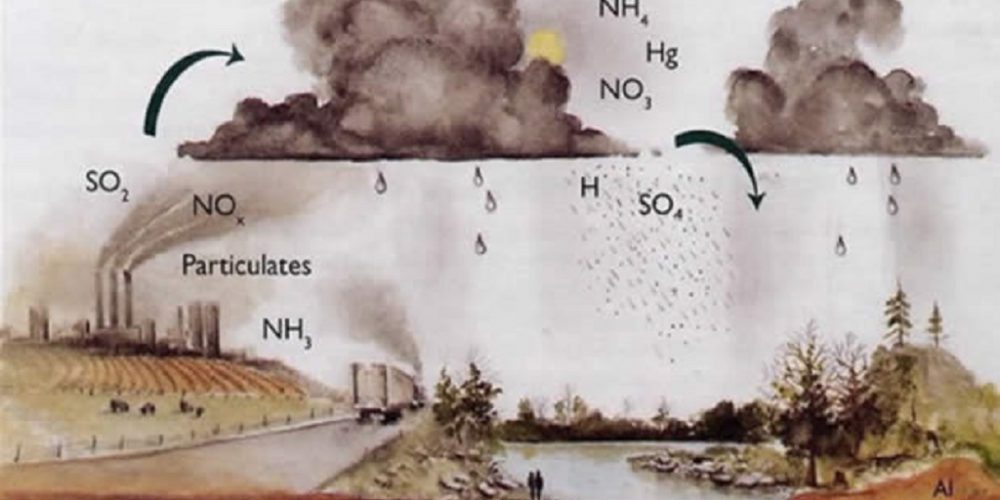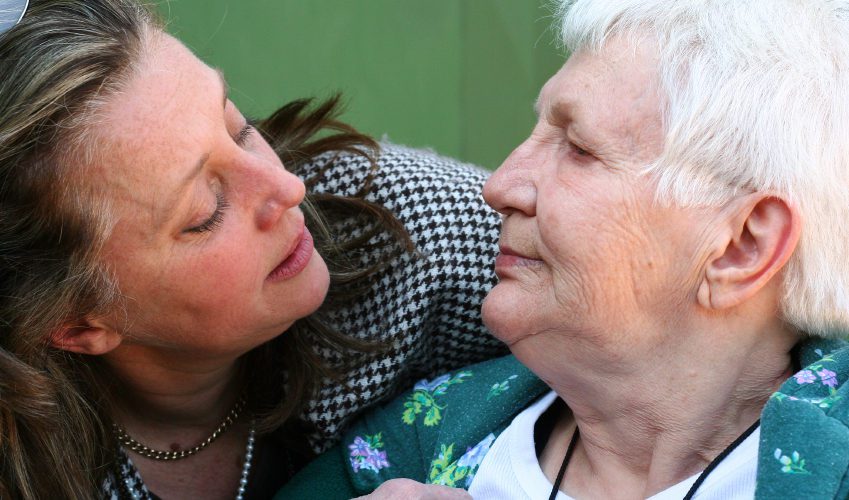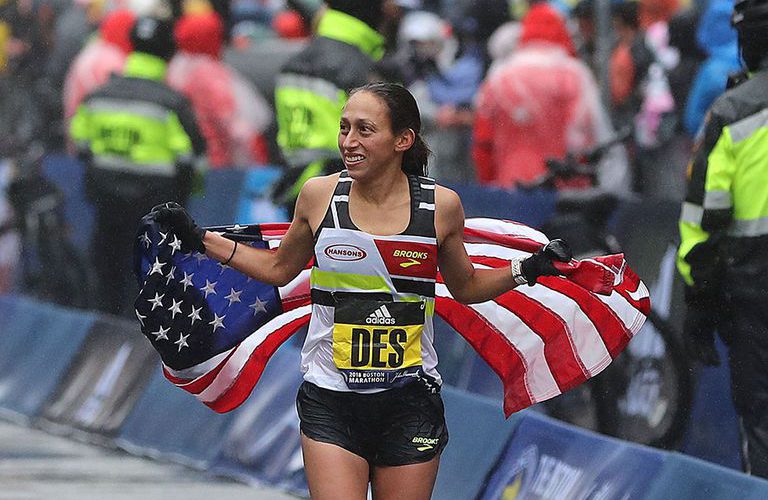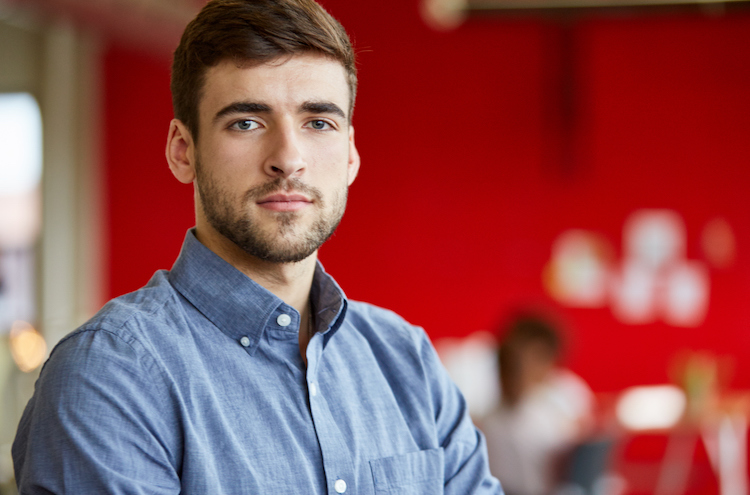Kindness spreads working wonders
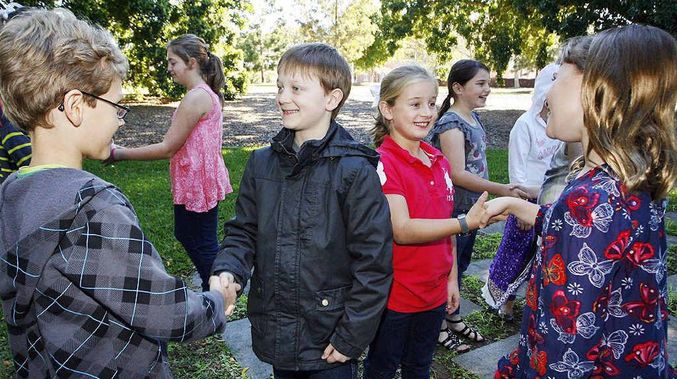
Even if you’re not aware of it, it’s likely that your emotions will influence someone around you today.
This can happen during our most basic exchanges, say on your commute to work. “If someone smiles at you, you smile back at them,” says sociologist Nicholas Christakis of Yale University. “That’s a very fleeting contagion of emotion from one person to another.”
But it doesn’t stop there. Emotions can spread through social networks almost like the flu or a cold. And, the extent to which emotions can cascade is eye-opening.
For instance, Christakis’ research has shown that if you start to become happier with your life, a friend living close by has a 25 percent higher chance of becoming happy too. And your partner is more likely to feel better as well. The happiness can even spread to people to whom you’re indirectly connected.
To document this, Christakis and his colleagues mapped out the face-to-face interactions of about 5,000 people living in one town, over the course of 32 years. Their emotional ups and downs were documented with periodic surveys. “We were able to show that as one person became happy or sad, it rippled through the network,” Christakis says.
It’s not just happiness that spreads, unhappiness and anger can be contagious, too.
And you don’t have to be in the same house or city to catch someone else’s emotions. There’s evidence that emotional contagion can spread through our digital interactions, too.
Say, you’re in a negative mood, and you text your partner. A research study, dubbed, “I’m Sad, You’re Sad,” documented that in these types of text exchanges, your partner is likely to both sense your emotion and mirror it.
So, just how far does this go? A study of nearly 700,000 Facebook users suggests we can pick up on — and mirror — the emotions we encounter in our social media feeds, too.
As part of the study, users’ news feeds were altered. Some people in the study began to see more positive posts, while others began to see more negative posts.
“We found that when good things were happening in your news feed — to your friends and your family — you also tended to write more positively and less negatively,” says Jeff Hancock, a communications researcher at Stanford University and author the two studies on digital interactions
And, the reverse was true, too. Viewing more negative posts prompted people to write more sad or angry things. Overall, the effects were very small, compared to what has been documented in face-to-face interactions, “but the study suggested that emotions can move through networks through contagion,” Hancock says.
It’s funny in the moment. But when you’re on the receiving end of a personal attack, it’s hurtful. And it increases the likelihood that you’ll respond the same in return.
One study finds there may be a little bit of troll in each of us. If you read a nasty message from a troll that dishes out sarcasm or a personal attack, and you happen to be in a bad mood, the research shows you’re more likely to copy the troll-like behavior.
Bottom line: It’s easier to be mean from behind a screen. The rules of face-to-face interactions don’t exist. “There are fewer cues,” Hancock says. You don’t see or hear the person on the receiving end of your tweet or post. “That makes it a little harder to view you as a person,” he says.
This is what happened to a Twitter user named Michael Beatty who lives in Alabama. He’s 65 and served in the military during the Vietnam War. Earlier this year, he got ticked off when he read a tweet written by comedian and actor Patton Oswalt. It was a negative tweet about one well-known person.
“So I did a knee jerk reaction,” Beatty told us. “I sent him two tweets back. In his tweet he poked fun at my height.”
Looking back, Beatty says, “it was harsh, uncalled for, embarrassing.”
Patton Oswalt explains, “This chap just attacked me on Twitter and I joked back but then I looked at his timeline and he’s in a LOT of trouble health-wise. No wonder he was annoyed a bit. I decided to help him. I just clicked and donated. And called other to do the same.”
Michael Beatty replied to him, “Patton. You have humbled me to the point where I can barely compose my words. You have caused me to take pause and reflect on how harmful words from my mouth could result in such an outpouring. Thank you for this and I will pass this on to my cousin who needs help.”
And Patton Oswalt’s response? The actor scrolled through Beatty’s feed and learned that he had some serious health issues. After a long hospital stay, he had medical bills piling up.
Next thing Beatty knew, Oswalt had donated $2,000 to Beatty’s GoFundMe account, and encouraged his millions of followers to follow his lead.
Beatty began to hear from Patton Oswalt’s followers. Some donated money, others sent encouraging messages. His GoFundMe account grew to about $50,000.
Patton Oswalt’s generosity spread. “It had a large cascade effect,” Beatty says. “I honestly, truly thought I was dreaming and this couldn’t happen in real life.”
One act of kindness led to the next.
“I realized that knee jerk reactions to things are not the way to go,” Beatty says. It led him to slow down and reflect. “What kind of person have I been?,” he asked himself.
Michael Beatty: “I want to thank everyone who came to my aid with generous outpourings- and also to Patton Oswalt without whom I would not be the recipient of so much love and support. I’m not a man who ever cries but I had to wait to send this.”
He says when he wrote those angry tweets, he was in a bad place, angry at himself for letting his health deteriorate: “It was easy to snap back and snarl.”
But Beatty says the empathy shown towards him, changed him. He’s begun to think: “People are good.” He realizes that politics divides people, but one-on-one, “people are caring, generous, helpful.”
Over the last month, he says he’s felt his anger fade away. This manifests in lots of small ways. For instance he used to have serious road rage. But now “if someone wants to get over, I’ll wave them in,” Beatty says. “I have changed.”
This story reminds us of what we should already know (and hopefully remember from watching Mr. Rogers): “It’s good for us to be kind,” Jeff Hancock says.
Not only is it good for the world around us, it makes us feel a lot better and disarms anger.
“There’s lots of scientific evidence that when you are kind or express gratitude you get all kinds of psychological benefits,” says Hancock.
So, next time, you’re tempted to respond to an angry post, maybe you’ll remember this story.
Anger leads to more anger. But a single act of kindness can help stop the spread.

